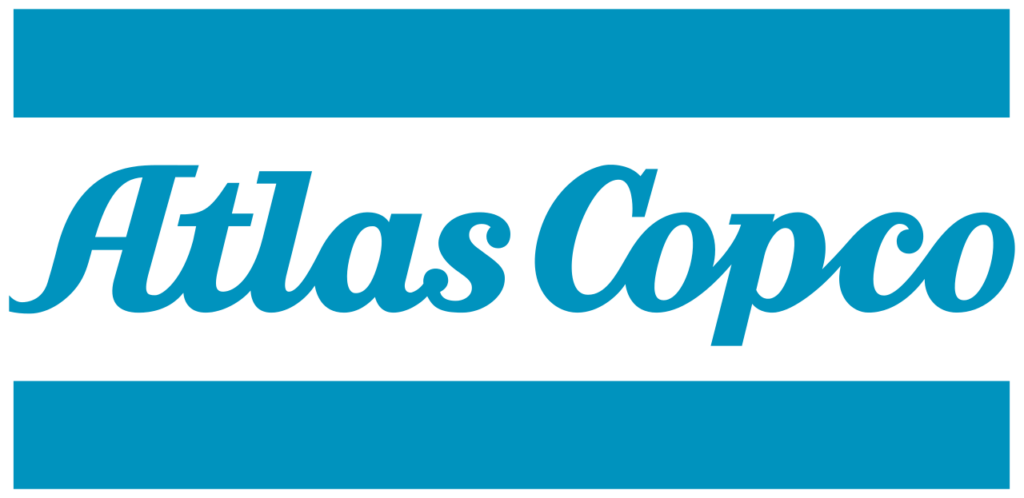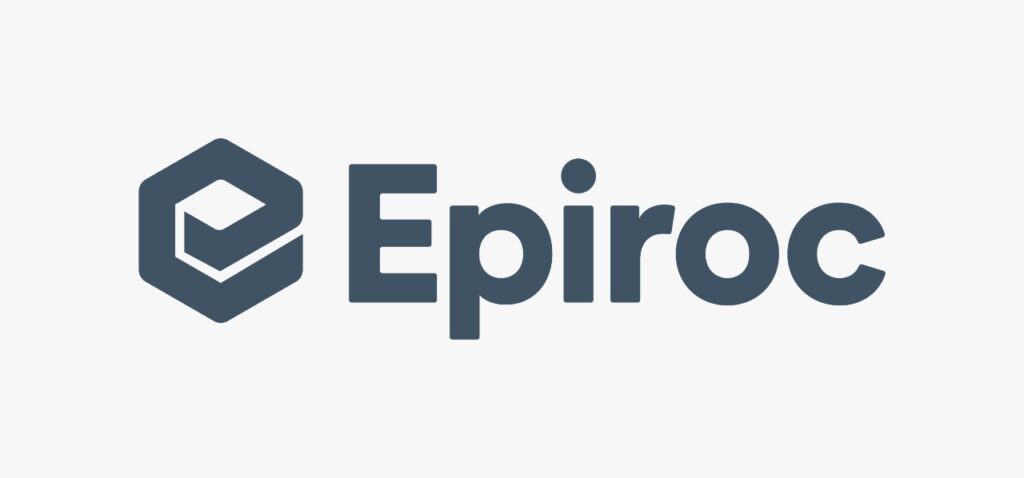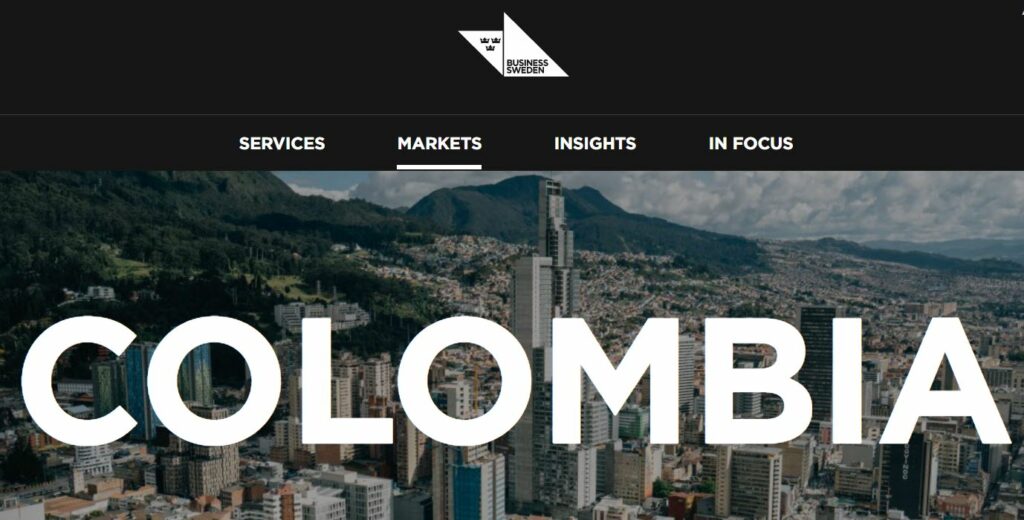Desde 2019, el Swedish Workplace Programme (SWP) está presente en cuatro mercados regionales, Kenya, Sudáfica, Vietnam y, por supuesto Colombia por medio de nuestras Coordinadoras Regionales.
En Colombia, acompañamos a empresas suecas y nacionales y a Comités internos en sus procesos de cambio y mejoría de las relaciones entre empleados y gerencia.
To ensure that the programme’s approach captures the regional context, texts are in Spanish for our regional stakeholders.
Sobre SWP
Cómo lo hacemos
SWP trata al lugar de trabajo como una plataforma de cambio para las empresas, los empleados y la sociedad en su conjunto. Se enfoca en tres pilares:
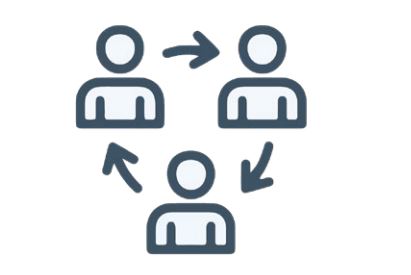

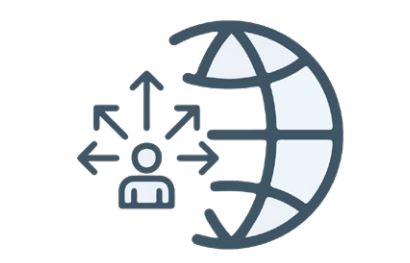
Programas en el lugar de trabajo (WPPs)
Plataforma de negocios sostenibles (SBPs)
Aprendizajes y buenas prácticas
Temáticas
Las acciones de SWP se implementan a la medida de las necesidades de sus socios, abordando una amplia gama temática,
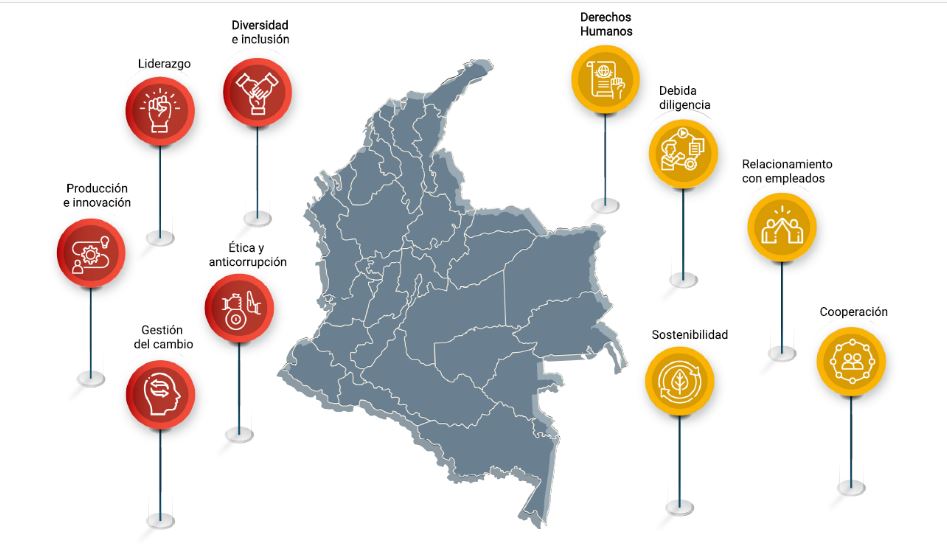

Socios y colaboraciones
SWP colabora con empresas de origen sueco y sus cadenas de valor en Colombia por medio de Programas en el Lugar de Trabajo (WPPs). Además, SWP provee el acompañamiento y facilitación de estrategias que buscan generar las capacidades al interior de las empresas y/o a lo largo de sus cadenas de valor para abordar desafíos de manera práctica, fomentando una mayor colaboración con sus empleados y grupos de interés.
El alcance de estos programas se extiende
- Al interior de las compañías socias
- A la cadena de valor: Programa de Promoción de Buenas prácticas
- A la equidad de género: Programa de empoderamiento

SWP y diálogos
SWP se fundamenta en la cooperación y diálogo entre actores a nivel internacional, sectorial e industrial, y empresarial. Por esto, SWP genera espacios propios de discusión y participativa activamente en eventos sectoriales para compartir lecciones y reflexiones.
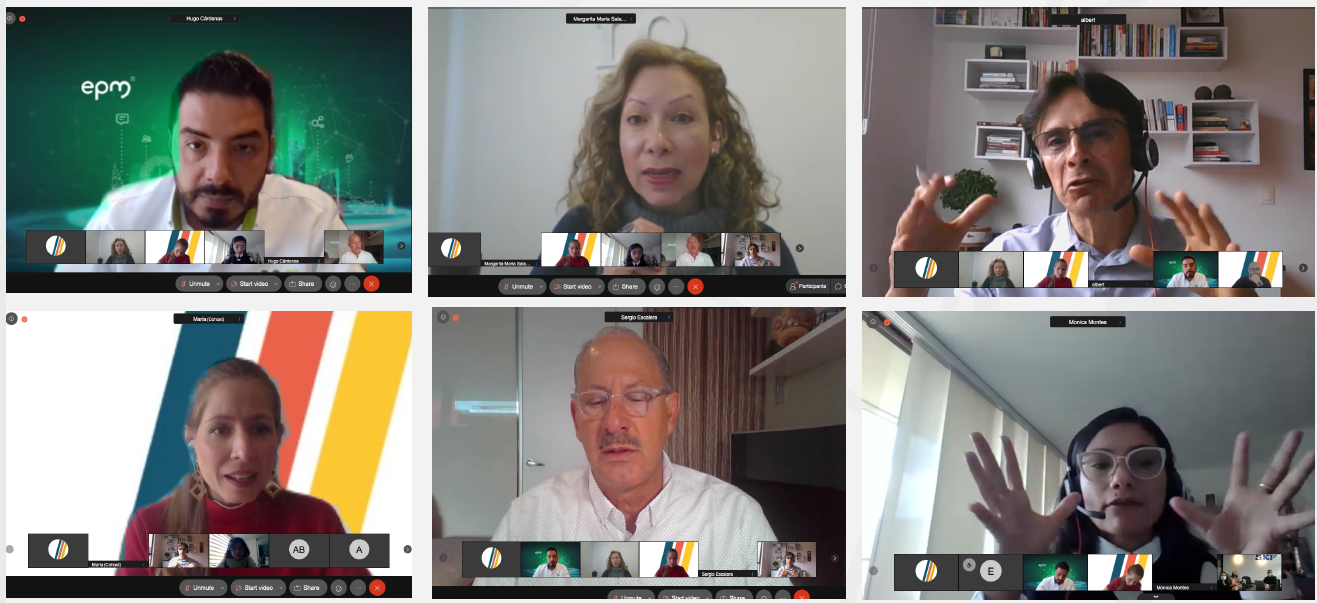
Plataforma de Negocios Sostenibles
La plataforma es un espacio encaminado a generar discusiones sobre temáticas actuales, compartir análisis de retos y mejores prácticas, identificar soluciones conjuntas y generar alianzas en pro de la mejora continua.
Esta es organizada para empresas y otros actores que quieran abordar diversos desafíos en el mundo empresarial, incluidos desafíos de sostenibilidad y bienestar del capital humano.
Haga clic en el tema de su interés para consultar las discusiones y aportes compartidos en la sesión.
Resúmenes ejecutivos
- Resumen - Conversatorio Ejecutivo Transformación digital e Industria 4.0
- Resumen - Conversatorio Ejecutivo Resiliencia e innovacion en pandemia
- Resumen - Conversatorio Ejecutivo Abastecimiento Sostenible
- Memorias-Taller Nuevos horizontes-de igualdad en el mundo corporativo
- Resumen - Conversatorio Ejecutivo Capital Humano y Sostenibilidad
- Resumen - Conversatorio Ejecutivo Liderazgo sueco

Aprendizaje y buenas prácticas (recursos)
Últimas noticias en Colombia
Más sobre SWP
Diálogo con nuestros aliados
Contacto local
Maria Castilla
- Coordinadora Regional para América Latina
- Maria.castilla@swpglobal.org
Patricia Ponce
- Coordinadora Nacional para Colombia
- Patricia.ponce@swpglobal.org
Contact us
Visit the page Contact
Global office
World Trade Center
Klarabergsviadukten 70
111 64 Stockholm


